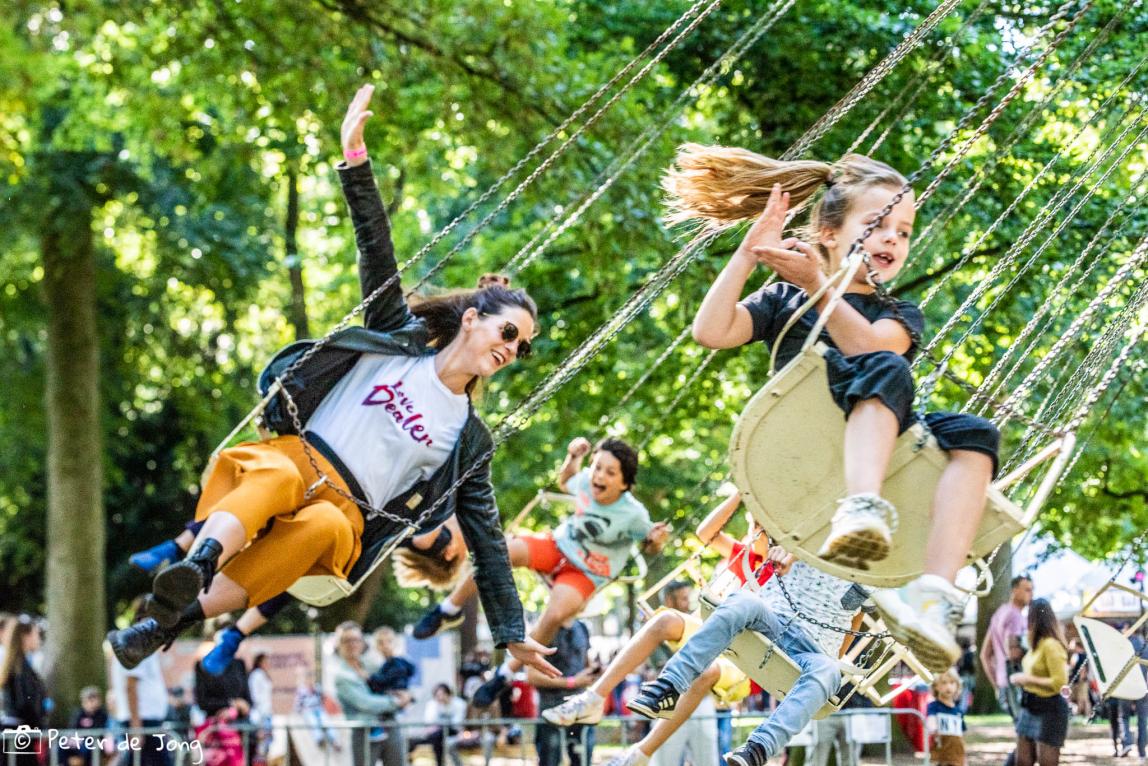
Leisure in (un)sustainable times
10/21/2025 - 11:55
What does leisure mean in an age of planetary crisis? And how might it contribute to shaping a more sustainable future? These questions were at the heart of a lively conversation I recently hosted in my role as transversal professor of Sustainability Transitions at Breda University of Applied Sciences (BUas). I was joined by four BUas professors - Marcel Bastiaansen, Mata Haggis-Burridge, Jörn Fricke, and Jeroen Klijs - and two editors of UNCOVER magazine, Peter Horsten and Simon de Wijs. All are deeply engaged with the concept of leisure and its implications for society, the economy, and the planet.
Together, we explored how leisure has shaped the world we live in today - sometimes for better, often for worse - and what role it could and should play in transitioning towards a more sustainable future. What emerged was a critical yet hopeful reflection on how we might reclaim leisure as a space for connection, creativity, and care, rather than a byproduct of consumption and productivity.
Together, we explored how leisure has shaped the world we live in today - sometimes for better, often for worse - and what role it could and should play in transitioning towards a more sustainable future. What emerged was a critical yet hopeful reflection on how we might reclaim leisure as a space for connection, creativity, and care, rather than a byproduct of consumption and productivity.